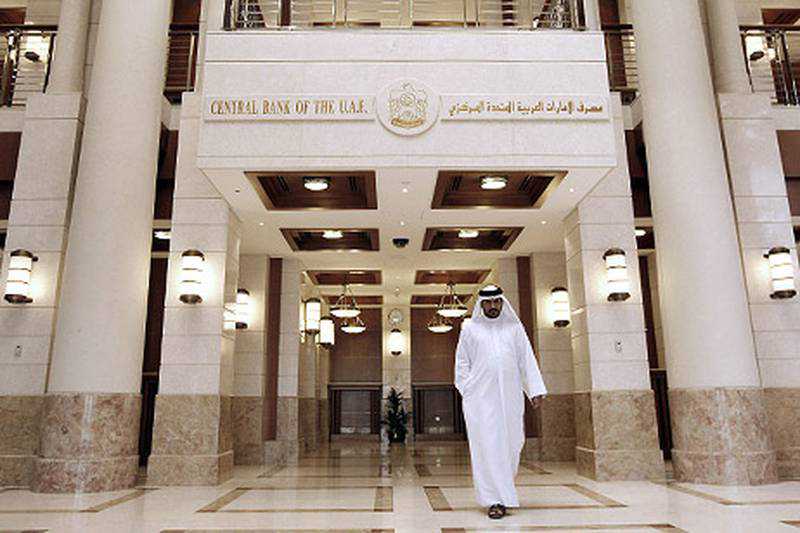UAE Central Bank fines an exchange house for compliance failure

The Central Bank of the UAE has fined an exchange house for failing to achieve the appropriate levels of compliance with anti-money laundering regulations.
The banking regulator imposed a penalty of Dh352,000 ($95,847.51) against the exchange house in accordance with Article 14 of the Federal Decree Law No 20 of 2018 on anti-money laundering (AML), combating the financing of terrorism (CFT) and the financing of illegal organisations.
“CBUAE will continue to work closely with all financial institutions in the UAE to achieve and maintain high levels of AML/CFT compliance and will continue to impose further administrative and/or financial sanctions, according to the law, in cases of non-compliance,” the central bank said on Monday.
The UAE, the Arab world’s second-largest economy, has strict laws to prevent money laundering and the financing of terrorism and has issued various regulations over the years to clamp down on financial crimes.
Earlier this year, the country established the Executive Office of Anti-Money Laundering and Counter-Terrorism Financing, an agency to deal with money launderers, organisations and people suspected of financing terrorists and organised crime.
In November last year, the Ministry of Economy set up a new anti-money laundering department to ensure that all non-financial businesses and professionals comply with local laws.
In August, Dubai set up a special court that focuses on fighting money laundering and other financial crimes to strengthen the integrity of its financial system.
The Dubai Misdemeanour Court convicted eight people and three companies of cyber fraud and laundering stolen funds amounting to about Dh14 million earlier this year.
The central bank also fined six exchange houses operating in the country almost Dh17.31m for failing to achieve the appropriate levels of compliance with anti-money laundering regulations in October.
Last year, the banking regulator also instructed all hawala providers – informal fund transfer agents operating outside the banking system – to register with the central bank to strengthen oversight of money transfers.
The UAE has also joined other countries to crack down on money laundering. In August, the Financial Intelligence Unit joined forces with the China Anti-Money Laundering Monitoring and Analysis Centre to exchange information necessary for the fight against global money laundering and terrorism financing.
Tags :
Previous Story
- COVID-19 variant disrupts holiday travel but not shopping...
- World economy to cross $100tn for the first...
- VistaJet records best third quarter as private travel...
- Six in 10 Middle East companies plan to...
- UAE at 50: How technology has revolutionised our...
- S&P revises Bahrain’s outlook to stable on fiscal...
- EGA aims to decarbonise its operations as demand...
- Nokia has a new tablet after seven years....